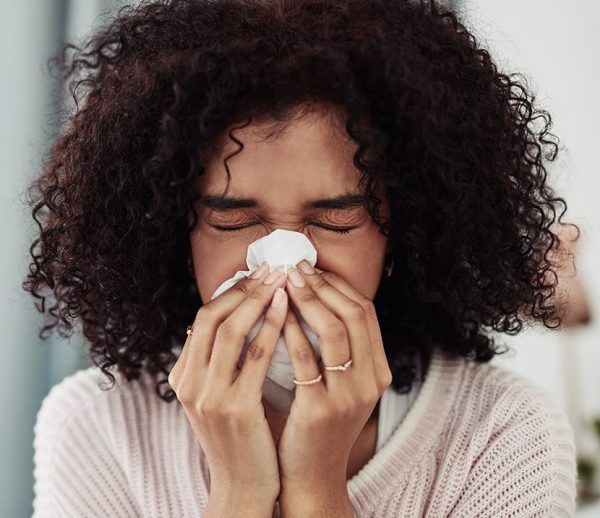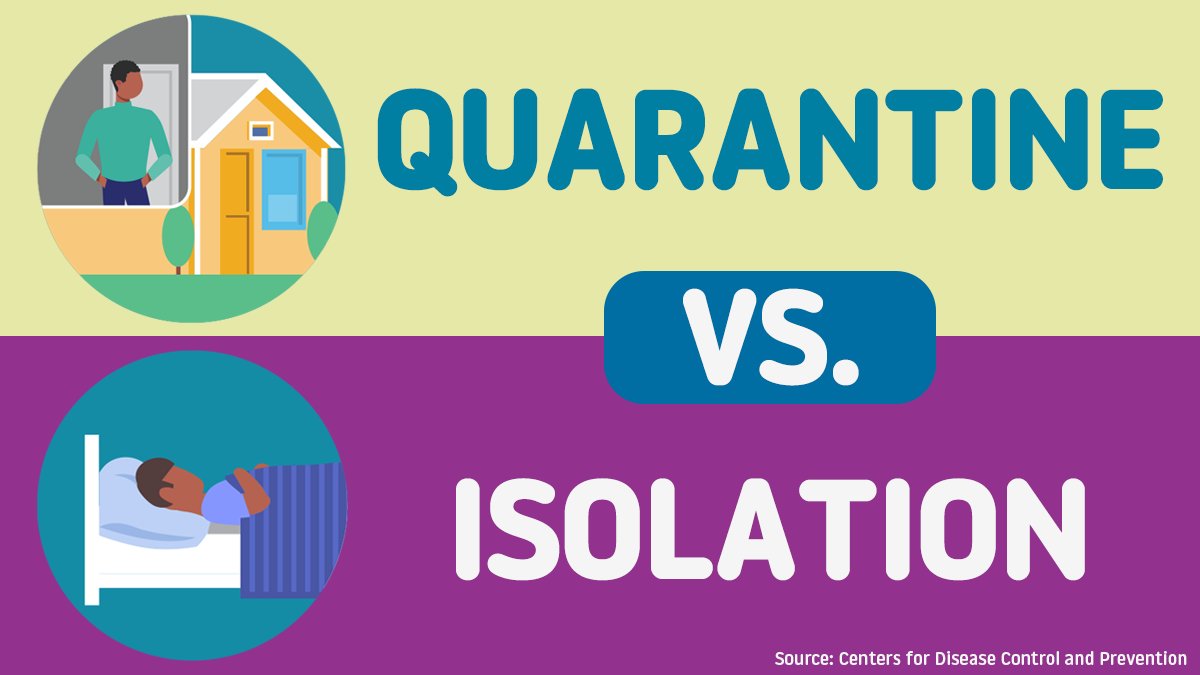Coughing and Sneezing
Covering coughs and sneezes and keeping hands clean can help prevent the spread of serious respiratory illnesses like influenza, respiratory syncytial virus (RSV), whooping cough, and COVID-19. Germs can be easily spread by:
Coughing, sneezing, or talking
Touching your face with unwashed hands after touching contaminated surfaces or objects
Touching surfaces or objects that may be frequently touched by other people
To help stop the spread of germs:
Cover your mouth and nose with a tissue when you cough or sneeze
Throw used tissues in the trash
If you don’t have a tissue, cough or sneeze into your elbow, not your hands
Remember to immediately wash your hands after blowing your nose, coughing or sneezing.
Washing your hands is one of the most effective ways to prevent yourself and your loved ones from getting sick, especially at key times when you are likely to get and spread germs.

Covering coughs and sneezes and washing hands are especially important for infection control measures in healthcare settings, such as emergency departments, doctor’s offices, and clinics.
Wash your hands with soap and water for at least 20 seconds
If soap and water are not readily available, use an alcohol-based hand sanitizer that contains at least 60% alcohol to clean hands
For information about preventing the spread of COVID-19, see CDC’s COVID-19: Prevent Getting Sick web page.
To help prevent the spread of respiratory disease, you can also avoid close contact with people who are sick. If you are ill, you should try to distance yourself from others so you do not spread your germs. Distancing includes staying home from work or school when possible.
Guidelines Quarantine and Isolation

If a staff or student has covid they are to isolated for 5 days and mask for 5 days when they return to work or school. updated 9.04.24
